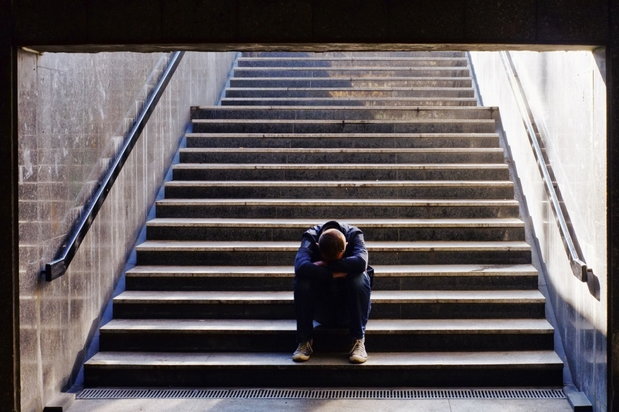Addiction is a growing public health concern among our nation's teenagers, and it can manifest in many forms: drugs, alcohol, food, etc. What might begin as experimentation or the result of peer pressure can develop into a vicious cycle of addiction. Statistics have demonstrated the reality of the struggles that teenagers today may be facing when it comes to addiction. According to The Monitoring the Future Survey (MTF) funded by the National Institute on Drug Abuse, the following trends were noted [1]:
- Alcohol abuse causes 6.5 times more teen deaths than all other illicit drugs combined
- Forty-four percent of 12th graders reported drinking alcohol in the past month
- In 2012, 14.8 percent of high-school seniors used a prescription drug non-medically
- Prescription drug abuse is the fastest growing addiction in the teen population
- Thirty-three percent of teenagers admit to using marijuana in the past year
- Over twenty percent of teens surveyed have tried the prescription drug OxyContin non-medically
- Illicit drug use among teenagers has continued at high rates, largely due to the popularity of marijuana
As a parent or loved one of a teenager, these trends are frightening. In order to increase awareness and prevention of teenage addiction, it is important to understand why teenagers are susceptible to developing an addiction. There are several factors that can influence a teenager to abuse alcohol, drugs, or food:
Biological Factors
The National Institute on Drug Abuse has recognized that genetics play a role in addiction problems [2]. Teenagers who are genetically predisposed to an addiction may be more inclined to continue using a drug after one experimentation episode, for example. While researchers are still learning about specific genes that may be involved, this information may be helpful for families with a history of addiction. As an example, children of alcoholics are two to four times more likely than other children to also become alcoholics themselves [3]. Being aware of the genetic component of addiction is a crucial part of the puzzle.
Social Factors
Many social and environmental factors can influence a teenager to develop an addiction, such as pressure experienced from peers, exposure to family members who misuse alcohol, food, or drugs, or stress to perform academically or athletically. Statistics have shown that teenagers who experience high stress are twice as likely as their peers to use illegal drugs, smoke, and drink [4]. Stress in combination with peer pressure can be strong factors in the introduction of teenage addiction.
Psychological Factors
Certain mental illnesses and psychological stressors can also put teens at risk for addiction. Some of the mental health disorders most commonly linked with addictions included depression, anxiety disorders, and bipolar disorders [5]. In addition, psychological stressors, such as childhood neglect, abuse, or any form of trauma can increase the likelihood that an addiction may occur. If teens have not properly or therapeutically dealt with underlying psychological issues, an addiction may arise as a means of coping with traumatic events.
Addiction is something that evolves out of a multitude of issues, but having awareness of the reasons why a teenager may begin abusing alcohol, drugs, or food is an important part of prevention. Even in face of these various risk factors, teenagers can be positively influenced by parents and loved ones to avoid the ferocious cycle of addiction. Become involved in your teenager's life, offer support, encouragement, and a listening ear. Fostering a strong parent-child relationship can be one of the greatest protective factors for your teenager against addiction. And if your child needs further help, there are teen treatment centers that cater to the needs of young adults.








